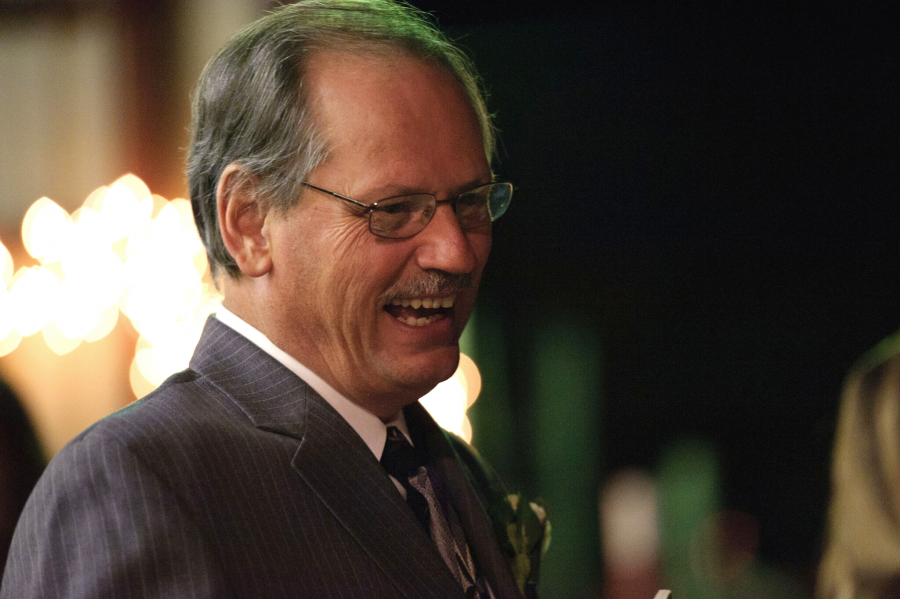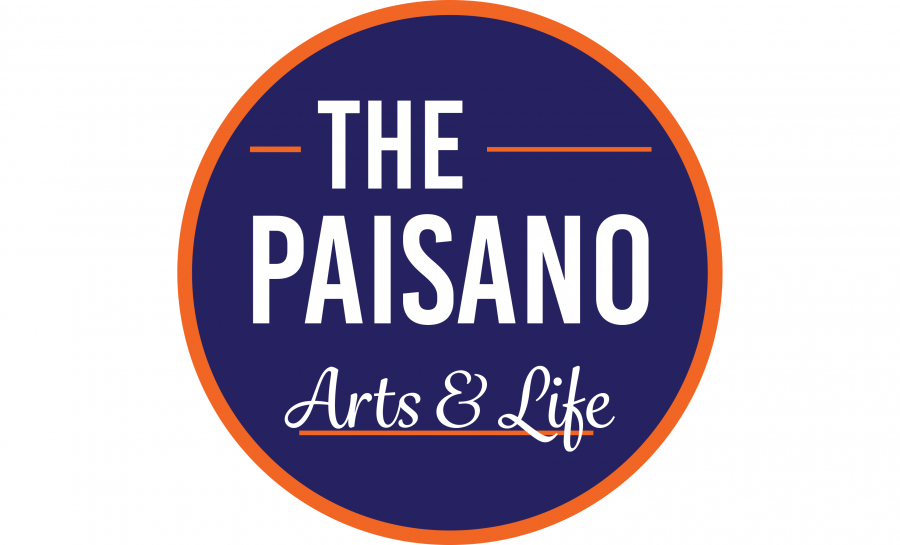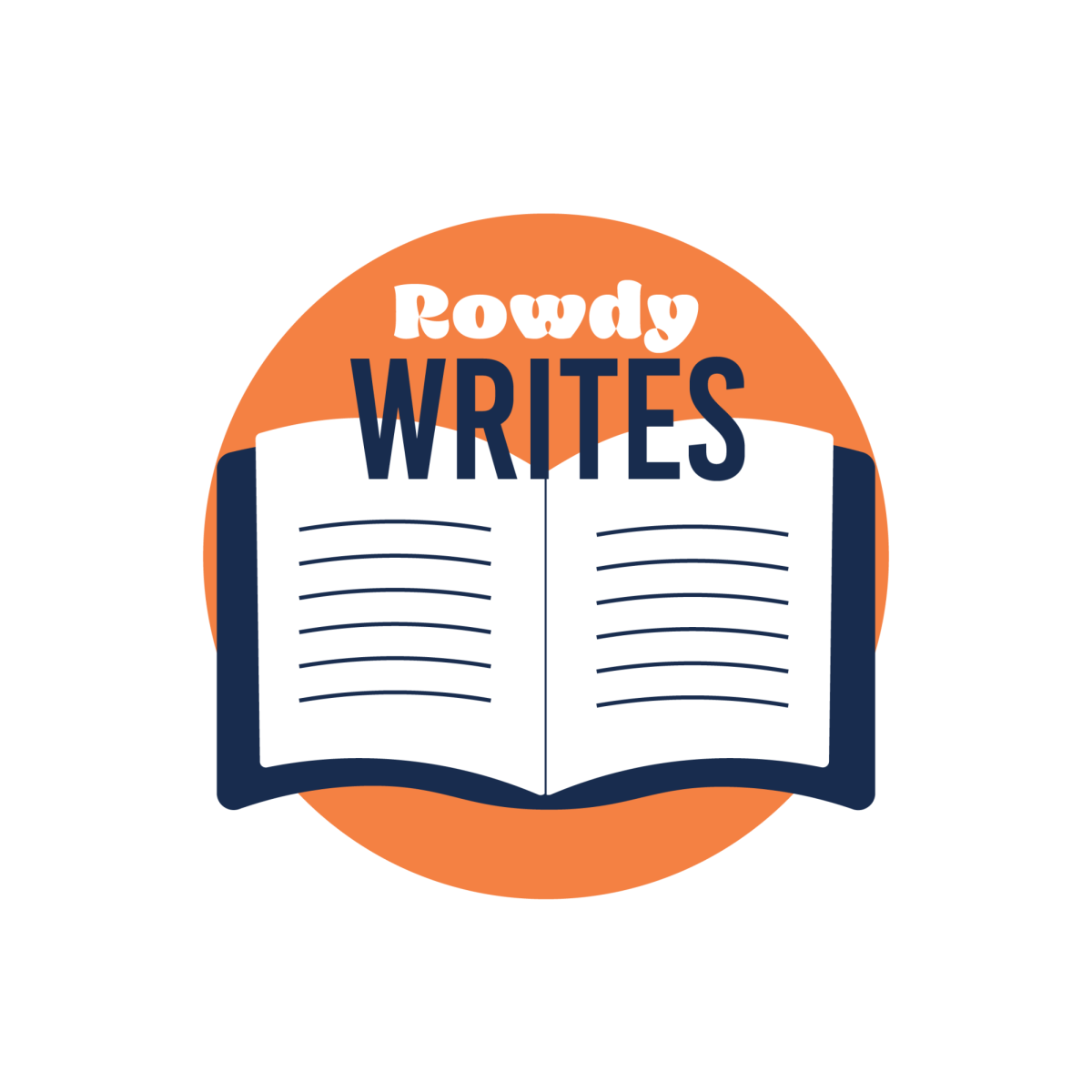The bombastic sounds of bigband music boomed through the auditorium walls and into the UTSA Recital Hall lobby on Thursday night, Oct. 11. The UTSA Jazz Ensemble was putting the finishing touches on one of the 10 songs they prepared for that evening to honor and celebrate the life of recently retired UTSA professor, Clarence Morgan King. King passed away June 13, leaving a legacy that transcends the lecture halls.
He was a profound jazz musician, beloved husband, mentor and friend. King was a man of many skills – helicopter pilot, magician, vintage car and motorcycle mechanic – however he is widely remembered as an internationally respected musician. He received his bachelor’s degree in music from the highly esteemed Berklee College of Music and completed his independent studies at the Boston Conservatory of Music. During his career, King became well versed in the tenor saxophone, his primary instrument. According to the San Antonio Express News, he was also proficient in the alto and soprano saxophone, clarinet, flute and piccolo. After earning his master’s degree from Texas State University, King began his career as a soloist and clinician. His time spent touring Europe and the Far East with Eartha Kitt and the Tommy Dorsey Orchestra, which provided him more opportunities as a freelance musician to play with Johnny Mathis, Bob Hope and Ray Charles.

King joined the UTSA faculty in 1992 and taught several courses including, “the History and Styles of Jazz, Aural and Basic Skills, Jazz Skills, Jazz Improvisation, Jazz Ensemble, History and Styles of Rock, Introduction to the Music Industry and Fundamentals of Music for the Non-Major,” according to UTSA Today. King’s continued work in the Department of Music’s Music Marketing program led to the formation of Rowdy Radio. His expertise in both music and non-music areas allowed him to connect with everyone, including myself.
Dr. Adrian Ruiz, UTSA’s Director of Jazz Studies and trumpeter, first met Professor King as an undergraduate student at UTSA in 1993. Ruiz regarded King as a “waxing poetic” and a “true renaissance” man. “Had it not been for [King], I wouldn’t be doing what I do now,” Ruiz recalled. One of Ruiz’s fondest memories of Professor King is of an incident that occurred right before one of Ruiz’s earliest performances during a private event at UTSA. A fellow student saxophonist suddenly fell ill, however after phoning King and explaining the predicament, King arrived to fill in for the sick student. King asked the group “[sic] Y’all know ‘Misty’?” and after receiving a slightly confused but affirmative response,
King instead jumped into one of his all-time favorite numbers by one of his all-time favorite artists, John Coltrane’s “I Want to Talk About You.” Ruiz continued his relationship with King after completing his studies and began working alongside him as a fellow colleague at UTSA. He recalls King always offering advice and taking time out of his day to strengthen that one-on-one connection.
Ruiz is responsible for organizing and hosting last Thursday’s tribute concert, and held the difficult task of creating the arrangement of songs. Ruiz initially asked, “What should we play?” He wanted the concert to not only showcase the very music King loved, but also to illustrate different time periods during his illustrious life, including when he and his wife Joan Carroll finally started dating after years of King playing in Carroll’s group Footprints.


The concert officially began around 7:35 p.m. with the UTSA Jazz Ensemble performing an explosive opening number, “Mr. Moto.” The piece was an excellent opener that immediately showcased the captivating, toe tapping and inspiring skills of the UTSA Jazz Ensemble members. Descending note-runs tumbled in and around various swells, bops and crashes. Members of the audience, including myself, were immediately in for the ride as we tapped and bobbed along to the bouncing beat of the music. After the first piece, Ruiz took to the micro phone to welcome everyone. “Tonight is a celebration,” Ruiz declared. Although we were mourning the loss of an incredible individual who impacted so many lives, we were reminded of how and why King was so important. Ruiz described the next number, Gerry Gibbs’s “The Night the Blytheman Walked into the Room, The Room Went Dark and Nothing Else Mattered” as “Frank Zappa meets Arthur Blythe.” This avant-garde piece is actually one of King’s last recorded big band pieces. Ruiz’s arrangement featured gritty, atonal piano chords colliding against a stomping rhythm, as wailing trumpet, trombone and saxophone solos crashed in and out of the arrangement.
The wall-of-sound created by the ensemble gave famous producer Phil Spector a run for his money. The performance continued with a heart-warming and nostalgic rendition of Mack Gordon and Harry Warren’s “At Last” that reminisced on King and Joan Carroll finally enter ing a relationship, getting engaged and married – something fellow musicians and friends had been waiting to happen for years.


The UTSA Jazz Faculty also performed that evening, including Ruiz. Their rendition of the Coltrane classic “I Want to Talk About You” was absolutely mesmerizing and captivated the entire audience, as everyone reminisced on personal times spent with King. The concert continued with a few more numbers by the faculty before Ruiz gave his thanks to all of the UTSA staff, faculty, students, friends and colleagues. The night concluded with the electrifying and fitting Don Menza and Buddy Rich tune, “Groovin Hard.” The drums rumbled behind thumping bass lines, howling trumpets and swaying saxophone runs as Ruiz tapped, snapped and shouted in delight.
Morgan King was a man who touched the lives of many, and his generosity, compassion and dedication to people and the arts will be treasured by all who knew him.







